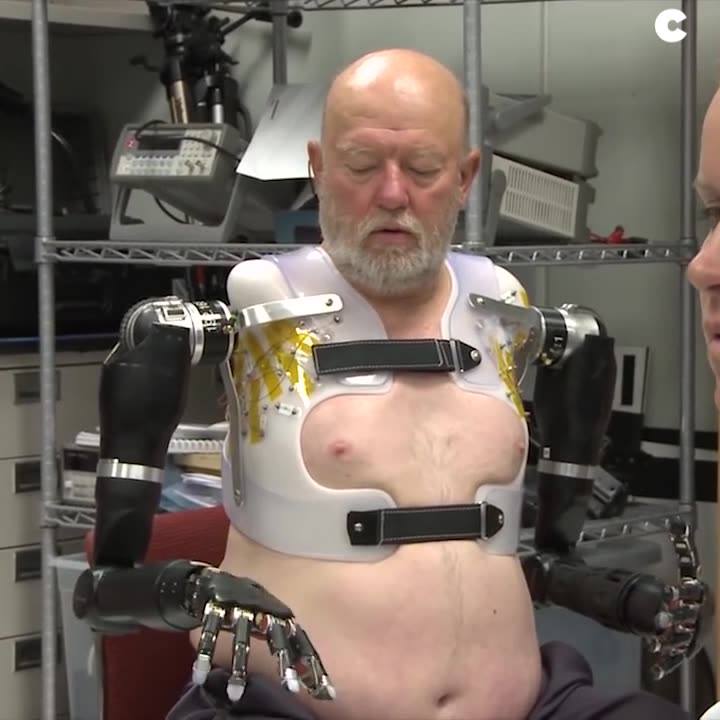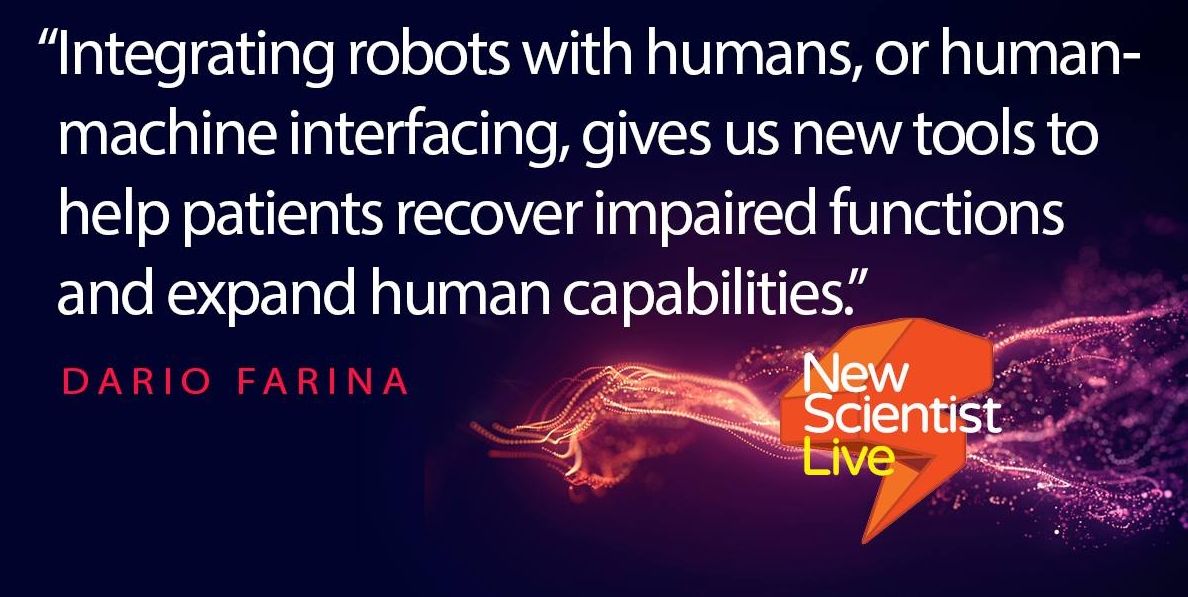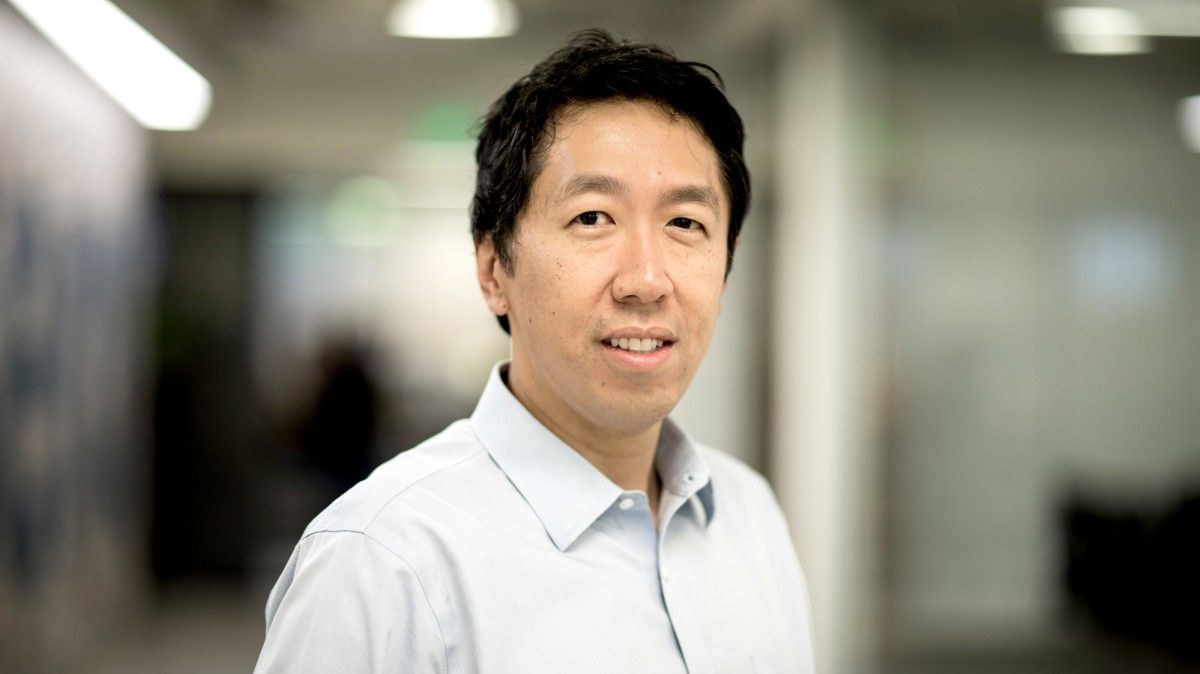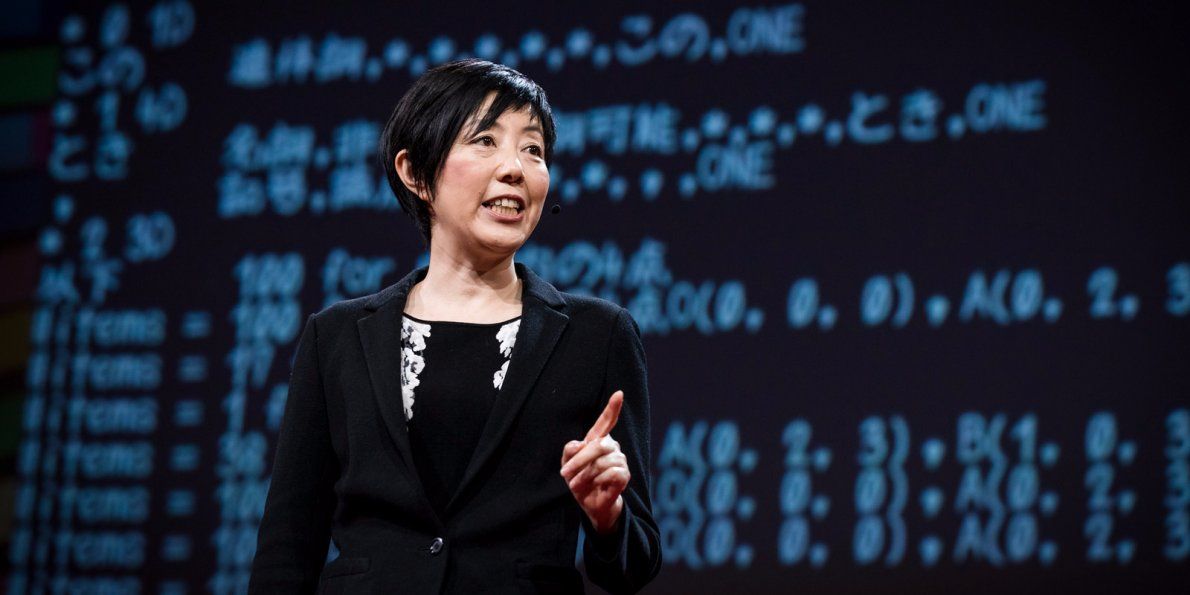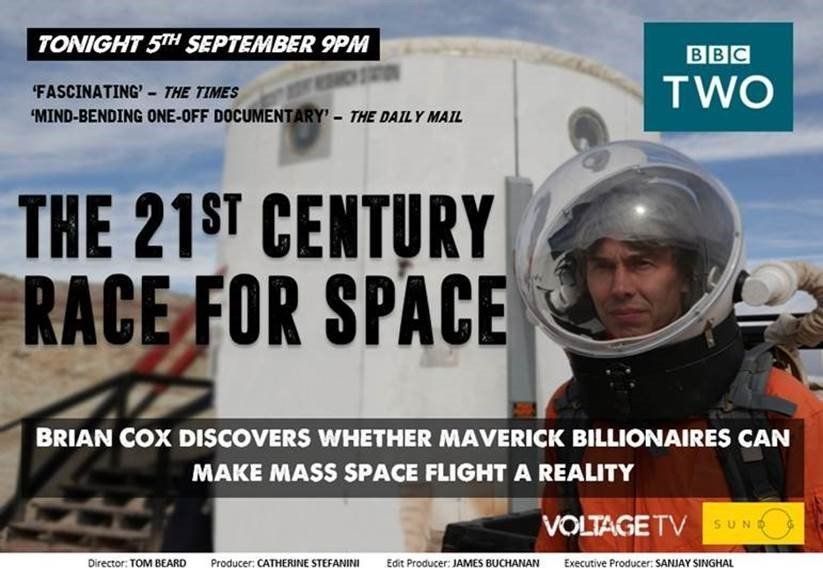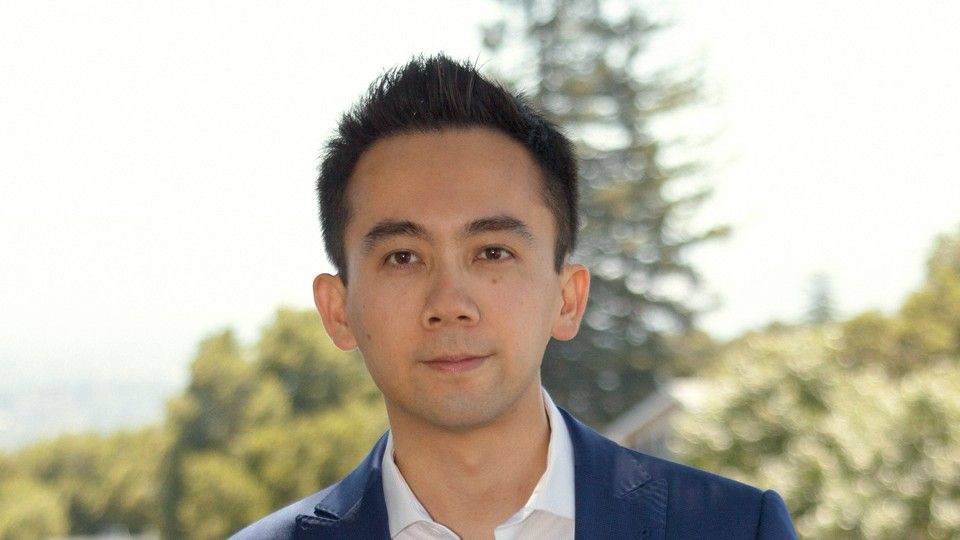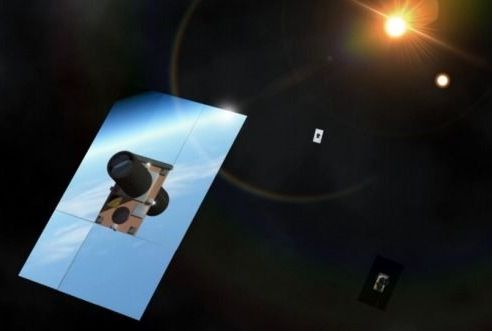Page 9889
Sep 11, 2017
Human-machine interfaces give us new tools to recover and expand human capabilities
Posted by Amberley Levine in category: cyborgs
Sep 11, 2017
Transhumanism Is the Next Step in Human Evolution
Posted by Amberley Levine in categories: cyborgs, robotics/AI, transhumanism
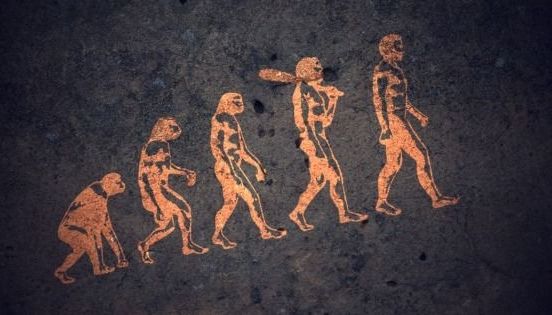
From robotic replacement limbs to bionic eyes, the next step in human evolution might involve augmenting our bodies with a variety of new technology.
Sep 11, 2017
Andrew Ng’s Next Trick: Training a Million AI Experts
Posted by Derick Lee in categories: robotics/AI, transportation
Andrew Ng, one of the world’s best-known artificial-intelligence experts, is launching an online effort to create millions more AI experts across a range of industries. Ng, an early pioneer in online learning, hopes his new deep-learning course on Coursera will train people to use the most powerful idea to have emerged in AI in recent years.
Millions of people should master deep learning, says a leading AI researcher and educator.
Sep 11, 2017
How the Intelligent Home of the Future Will Care For You
Posted by Klaus Baldauf in categories: futurism, habitats
The intelligent home of the future is coming sooner than you think. Our future homes will not only provide us shelter, but much more than you think.
Sep 11, 2017
A robot did better than 80% of students on the University of Tokyo entrance exam
Posted by Saúl Morales Rodriguéz in categories: mathematics, robotics/AI
Artificial intelligence can’t understand meaning or emotion just yet, but it can write a pretty good essay on 17th-century maritime trade.
At the 2017 TED Conference this past April, AI expert Noriko Arai gave a talk presenting her Todai Robot, a machine that has been programmed to take the entrance exam to Japan’s most prestigious university, Tokyo University.
While Arai discovered Todai didn’t pass muster to gain acceptance, the robot still beat 80% of the students taking the exam, which consisted of seven sections, including math, English, science, and a 600-word essay writing portion.
Sep 10, 2017
‘THE 21ST CENTURY RACE FOR SPACE’, TONIGHT 9PM (BBC TWO) “Fascinating” — The Times “Mind-bending one-off documentary” — The Daily Mail
Posted by Brett Gallie II in categories: education, space
Sep 10, 2017
China is planning to implement a ban on fossil fuel cars
Posted by Saúl Morales Rodriguéz in categories: energy, transportation
Sep 10, 2017
AutoX demonstrates how to build an autonomous car without expensive laser sensors
Posted by Saúl Morales Rodriguéz in categories: information science, robotics/AI, transportation
Jianxiong Xiao aims to make self-driving cars as widely accessible as computers are today. He’s the founder and CEO of AutoX, which recently demonstrated an autonomous car built not with expensive laser sensors but with ordinary webcams and some sophisticated computer-vision algorithms. Remarkably, the vehicle can navigate even at night and in bad weather.
AutoX hasn’t revealed details of its software, but Xiao is an expert at using deep learning, an AI technique that lets machines teach themselves to perform difficult tasks such as recognizing pedestrians from different angles and in different lighting.
Growing up without much money in Chaozhou, a city in eastern China, Xiao became mesmerized by books about computers—fantastic-sounding machines that could encode knowledge, logic, and reason. Without access to the real thing, he taught himself to touch-type on a keyboard drawn on paper.
Sep 10, 2017
Audacious Team Publishes Comprehensive Plan to reach Alpha Centauri Using Laser Powered, Femto Spacecraft in 50 years
Posted by Andreas Matt in category: space travel
A recent research discussion paper “The Andromeda Study: A Femto-Spacecraft Mission to Alpha Centauri” discusses options for a 50 year (at 0.1c) one-way, fly-by, exploration trip to our nearest stellar neighbour, Alpha Centauri. In the paper the authors (Andreas M. Hein, Kelvin F. Long, Dan Fries, Nikolaos Perakis, Angelo Genovese, Stefan Zeidler, Martin Langer, Richard Osborne, Rob Swinney, John Davies, Bill Cress, Marc Casson, Adrian Mann, Rachel Armstrong) discuss the challenges and present possible solutions using current science and technology.
